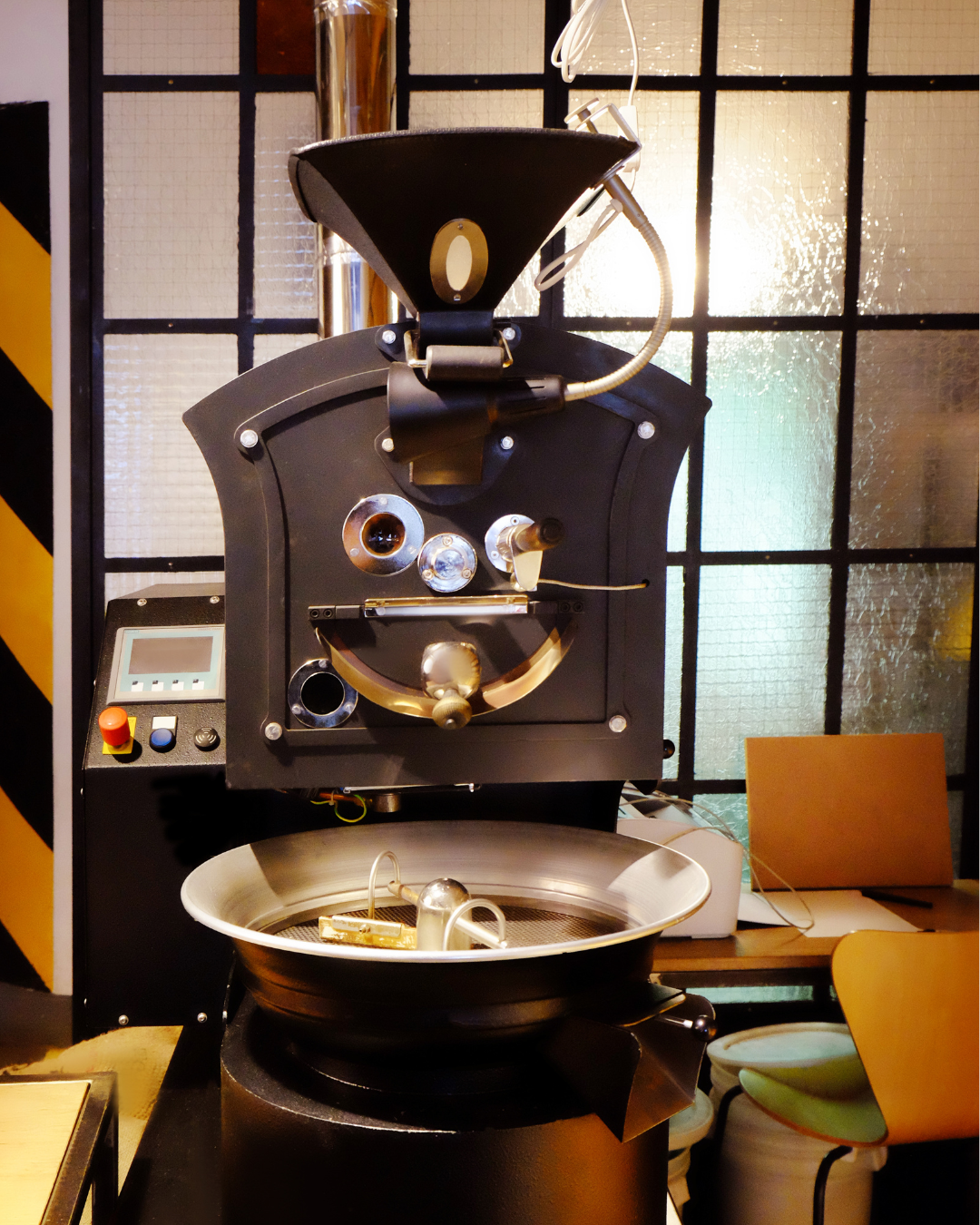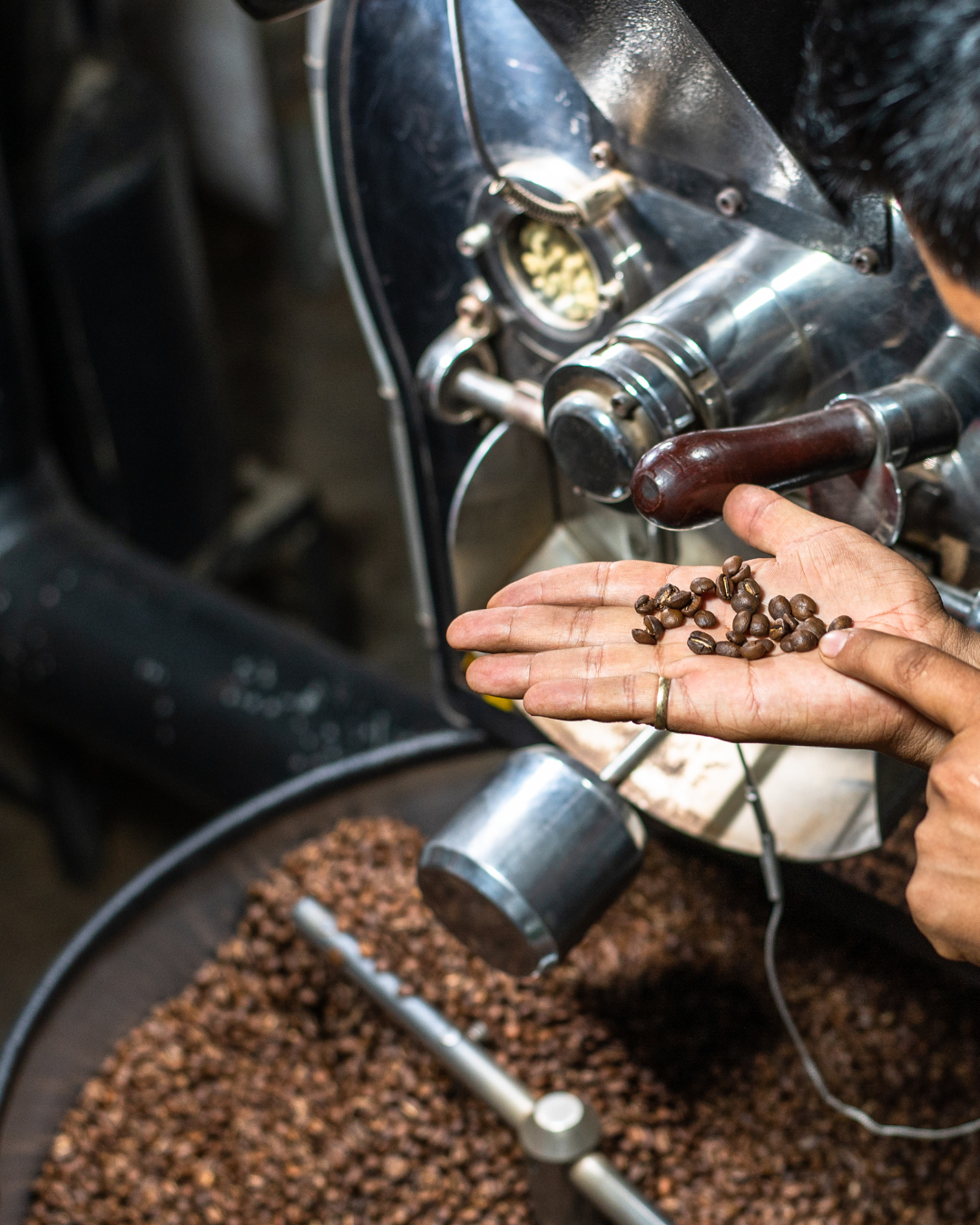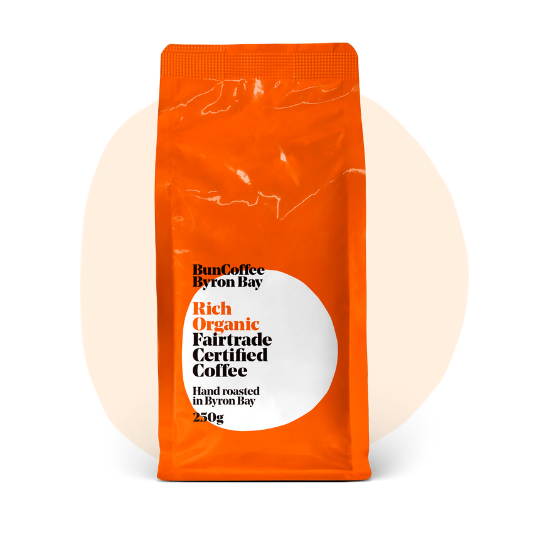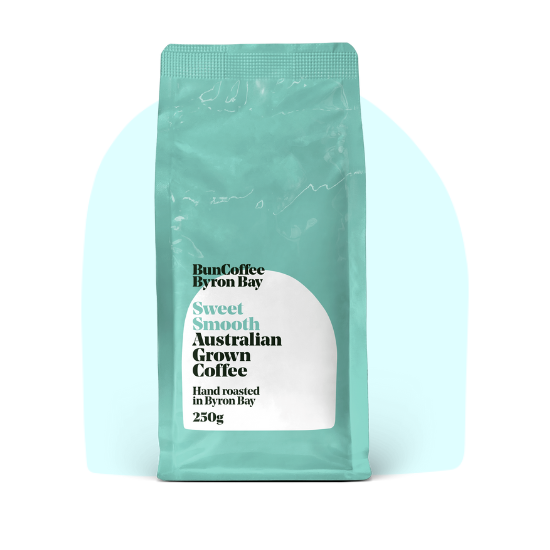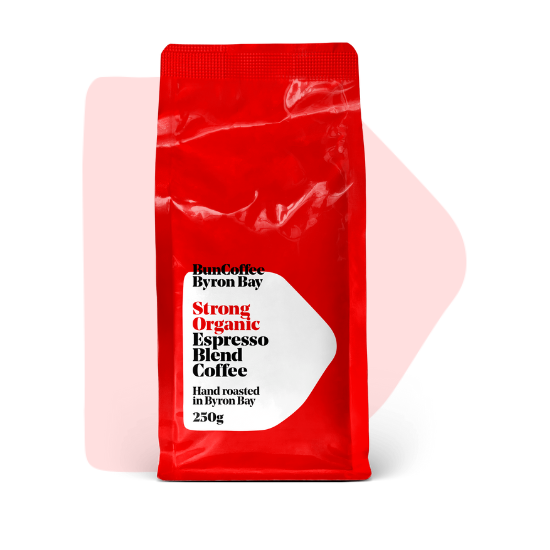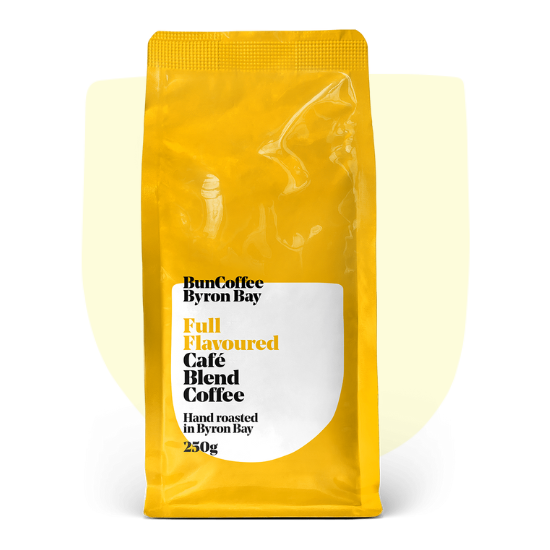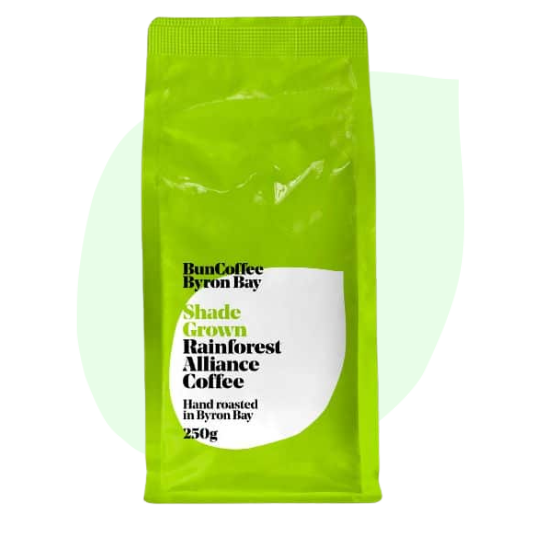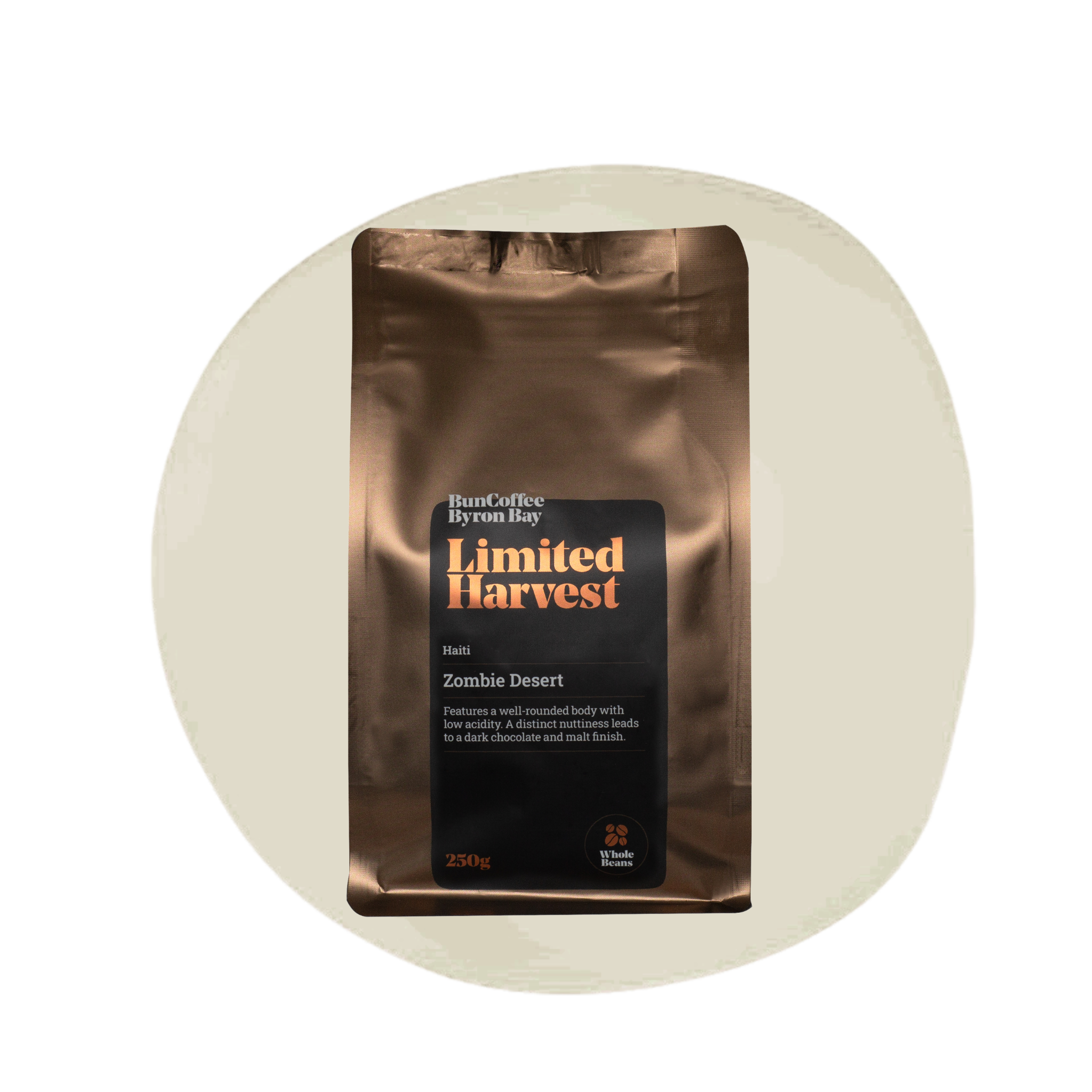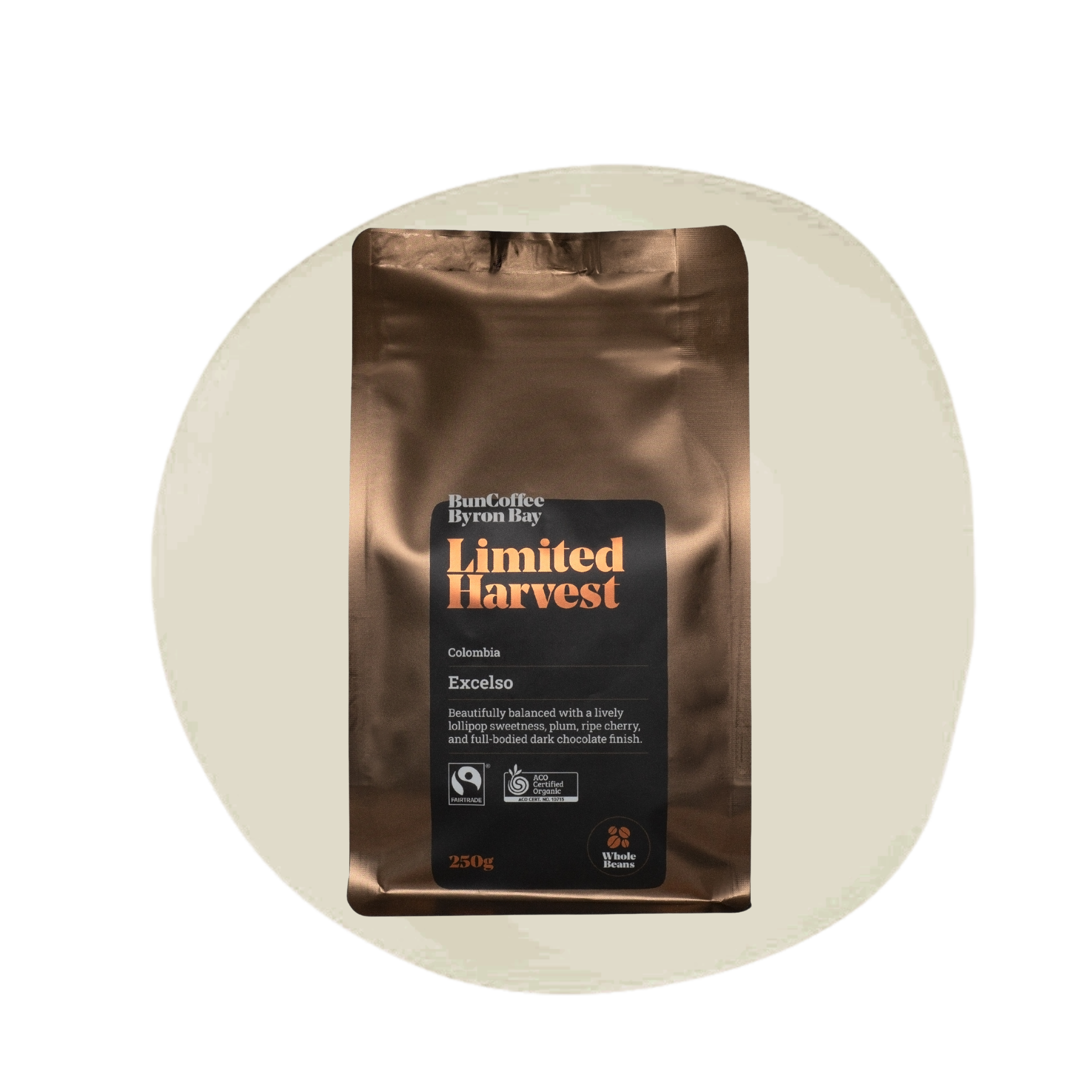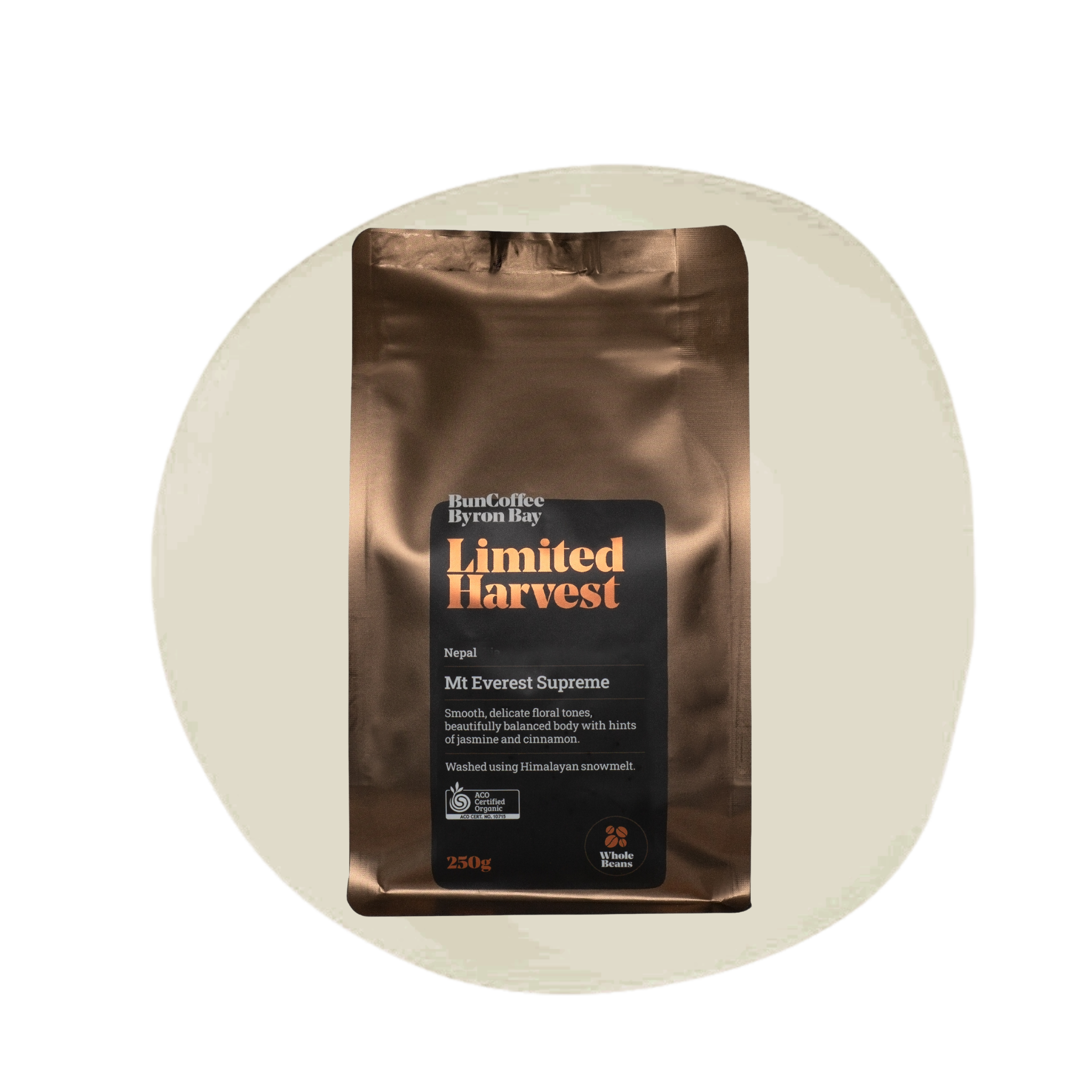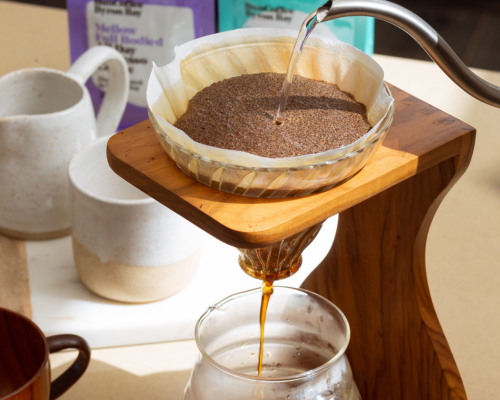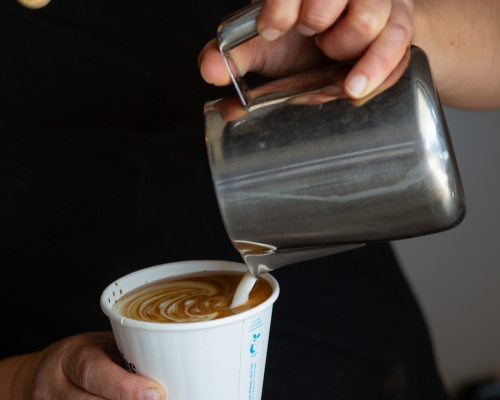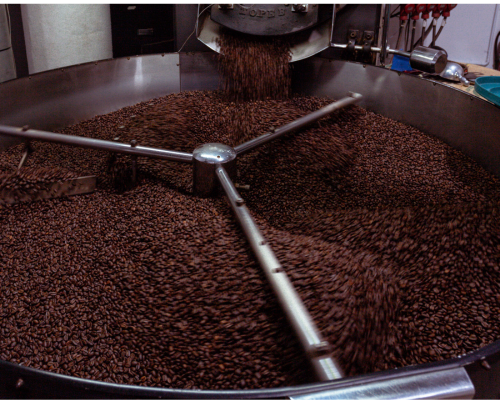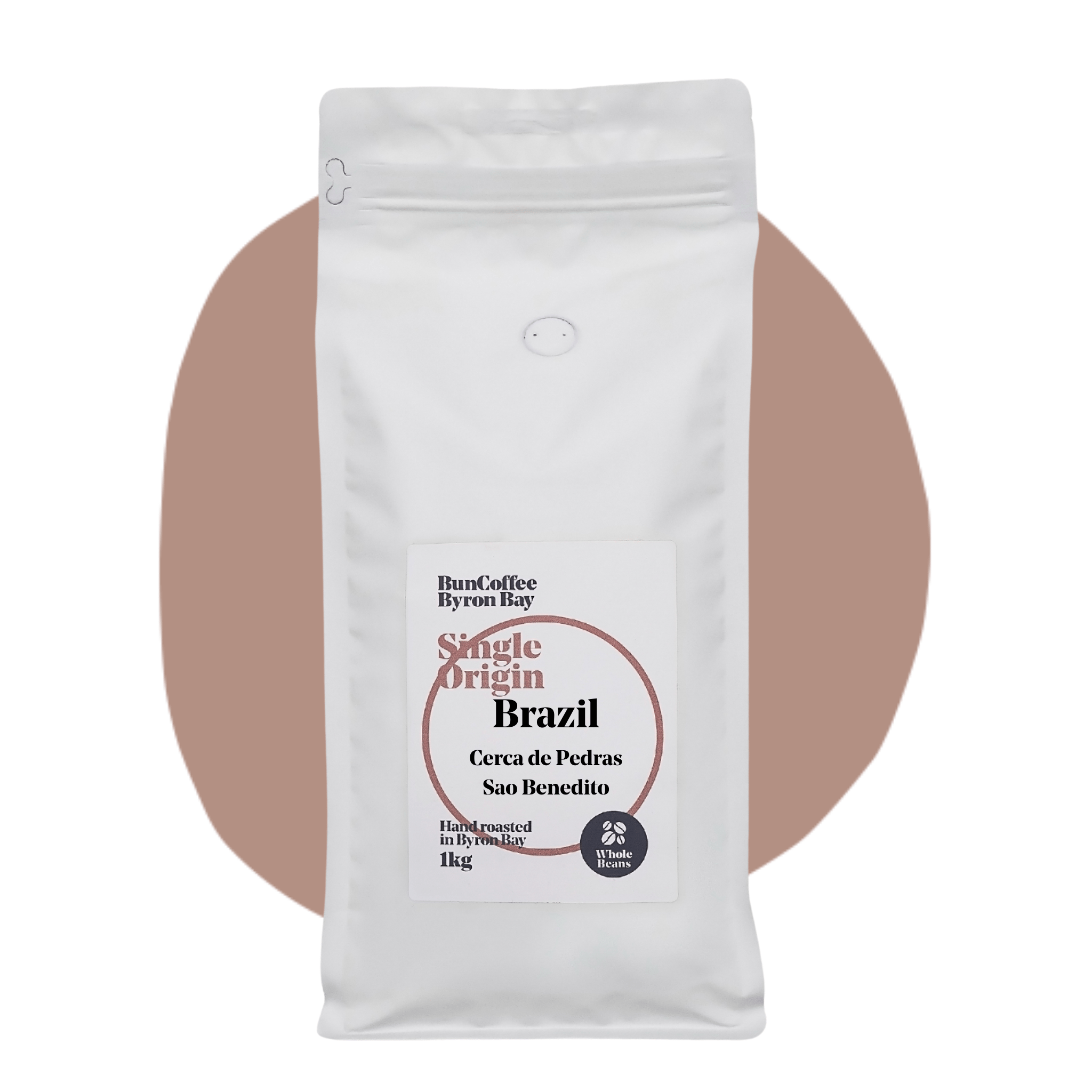Piatã is a unique and distinct coffee-growing region. The coffees produced here tend to be very floral, sweet and complex, and quite different from those that we source elsewhere in Brazil. There are two main factors behind this: coffee grows at elevations of up to 1,400 meters above sea level, which is very high for Brazil; additionally, temperatures in Piatã range from about 2°C to 18°C in winter, some of the lowest in the country. Combined, the high elevation and cool climate are key in slowing down the maturation of the coffee cherries, leading to an increased concentration of sugars in the bean. The result is a cup profile that is bright, transparent, and distinctive. Piatã’s relative closeness to the Equator line ensures coffee trees can experience such drastic conditions without being affected by frost, unlike other, more traditional coffee-growing regions in the country.
HOW THIS COFFEE WAS PROCESSED
At Cerca de Pedras São Benedito, processing starts on the field. The team closely monitors the Brix degree of coffee cherries, which gives them a good indication of when they have hit peak ripeness – the perfect time for picking. Cherries were carefully harvested by hand, mostly by local women (called “panhadeiras de cafe”) who are extremely disciplined and ensure only the very best cherries are selected.
This coffee was then processed using the pulped natural process. After pulping, the beans were dried in greenhouses with their mucilage still attached—spread in layers of about four centimetres and turned several times a day. At this stage, the coffee is primarily left in the shade, slowing down and extending the drying considerably. Silvio tells us this is key in improving and ‘saving’ the fructose and all positive attributes found in the remaining mucilage, which will contribute to a higher quality and longer shelf life in the final cup. Finally, the beans were separated into numbered lots, and later stored and rested in parchment in a purpose-built warehouse. They were then cupped for quality control prior to export.
